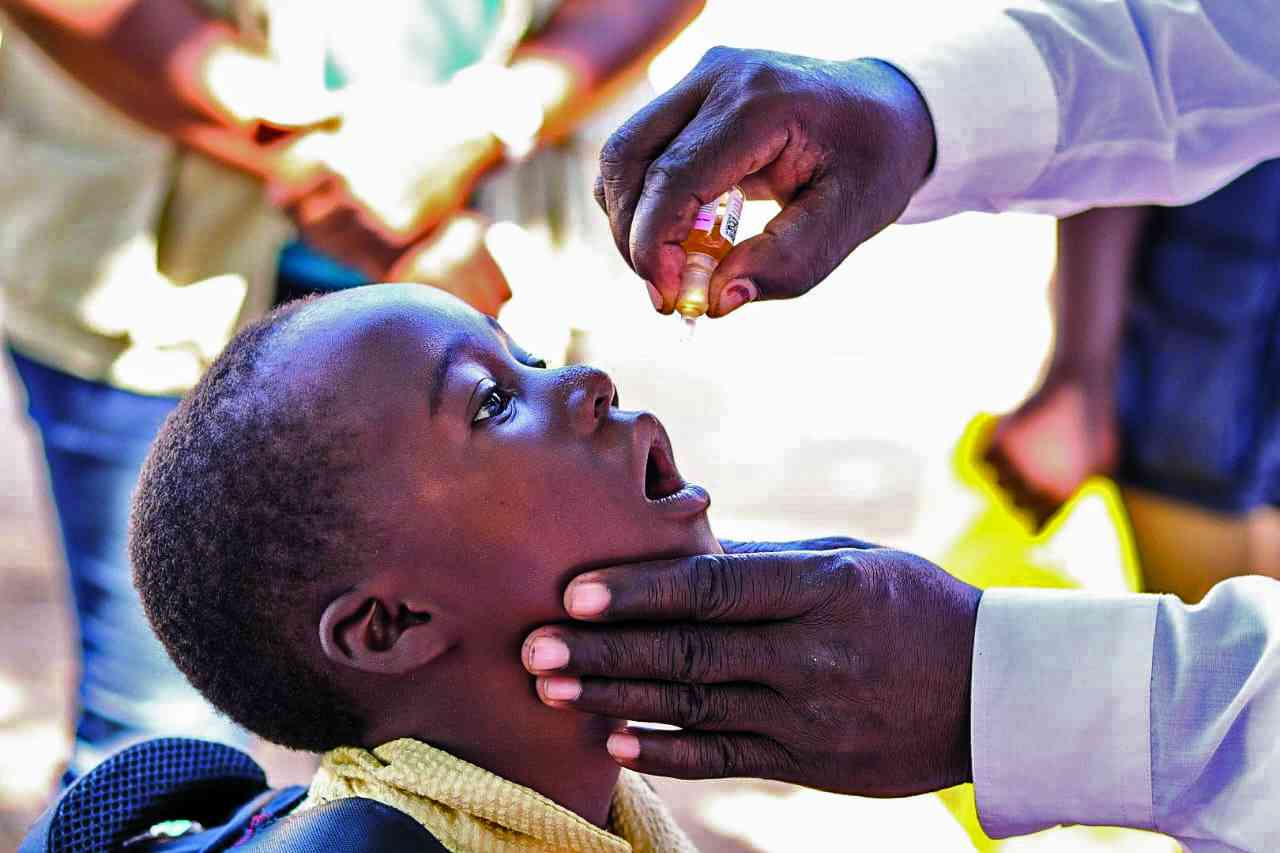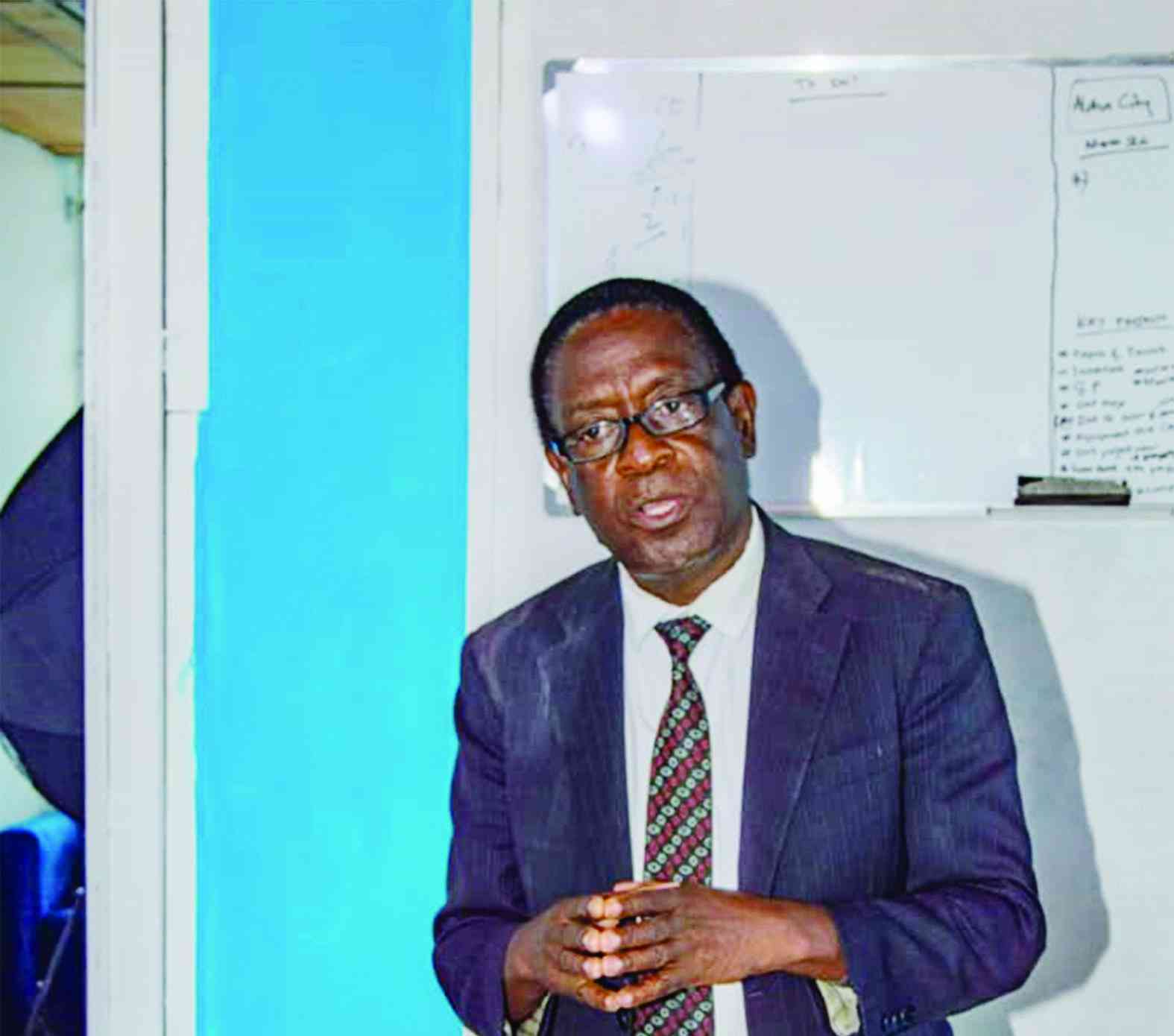
SINCE December last year Zimbabwe has recorded three polio or poliomyelitis cases, a figure which appears to be too insignificant to write home about.
However, this unassuming disease poses a major threat than what meets the eye for the simple reason that it is “transmitted through contaminated water, food or contact with an infected person”, meaning that it can easily and quickly spread in a short period with devastating effects.
Also, it has since been established that many people who are infected with the poliovirus, which cause polio, do not become sick and have no symptoms, but develop paralysis, which can sometimes be fatal.
Polio incident manager in the Health and Child Care ministry, Colline Chigodo this week further aptly emphasised the danger inherent in the disease saying: “Now the virus, the circulating vaccine derived polio virus or wild polio virus can be asymptomatic. It means that someone can carry the virus without having that paralysis. So out of, let us say, 200 children, if one case tested positive, it means there are about 199 cases which are asymptomatic, which don't have the signs and symptoms of weakness in our communities.”
So, if we already have three laboratory-confirmed cases, it means there are many more cases out there, and most worrying is that we have quite a sizeable chunk of people in our nation who do not believe in modern medication and will never allow their children to be immunised against polio. This means this disease will forever be a threat to the country’s under five years children.
This is a serious cause for concern because, according to the World Health Organisation (WHO), “one in 200 infections leads to irreversible paralysis and among those paralysed, 5 to 10% die when their breathing muscles become immobilised.
Rightly, WHO states: “As long as a single child remains infected, children in all countries are at risk of contracting polio. Failure to eradicate polio from these last remaining strongholds could result in a global resurgence of the disease.”
While a countrywide polio immunisation programme is underway, it would be quite embarrassing if Zimbabwe, which was declared polio free in 2005, becomes an epicentre of polio because of some among us who do not believe in modern medicine.
- Zim health system is in intensive care: How it got there
- Measles threat growing
- Take your child for measles vaccination
- Residents cry foul over Ngozi Mine pollution
Keep Reading
This is a lingering challenge which Zimbabwe keeps facing each time there is a major disease outbreak such as the current cholera surge which needlessly continues to wreak havoc in communities, especially those who do not visit clinics or hospitals.
Because there is no known cure for polio, and it can only be prevented, we need to unite, regardless of one’s religious beliefs to fight this highly infectious disease which invades the nervous system and can result in total paralysis in a matter of hours.
Known symptoms are fever, fatigue, headache, vomiting, stiffness of the neck and pain in the limbs. We all need to be on the lookout for these symptoms, chiefly in our children.











